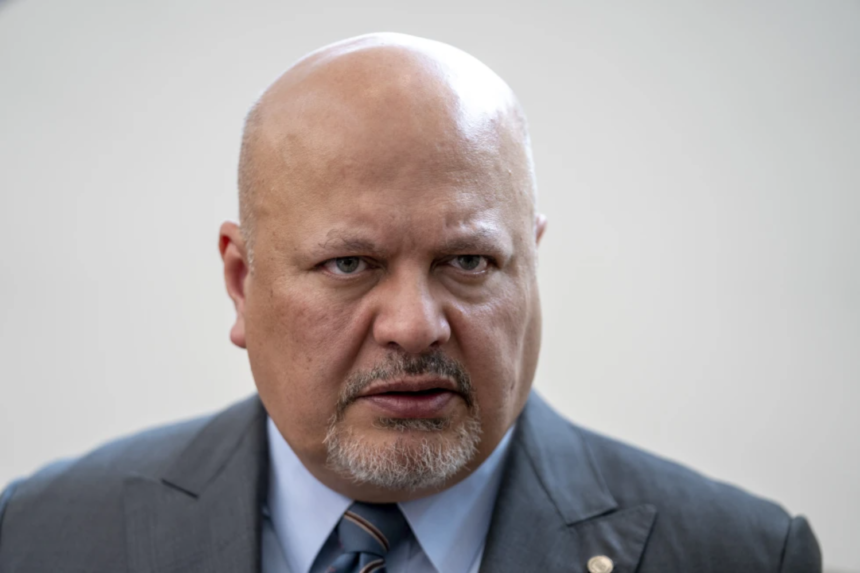The International Criminal Court’s (ICC) chief prosecutor, Karim Khan, made an unannounced visit to Damascus on Friday to meet with Syria’s transitional government leadership. The discussions centered on ensuring accountability for alleged crimes committed during Syria’s devastating civil war, reports AP.
Khan’s office confirmed that the visit was at the invitation of Syria’s new administration. During the trip, Khan met with Ahmad al-Sharaa, the transitional leader formerly known as Mohammad al-Golani, and the country’s foreign minister. They explored pathways for justice through the ICC in The Hague for victims of the war, which has claimed over half a million lives and displaced more than six million people.
Syria’s New Leadership
Al-Sharaa, who now leads the de facto government in Syria, is a former al-Qaida militant who severed ties with the extremist group years ago. He heads Hayat Tahrir al-Sham (HTS), an organization previously considered a terrorist group by the U.S. HTS led the military campaign that overthrew Bashar al-Assad last month, marking a significant shift in Syria’s political landscape.
Assad, who ruled Syria for over two decades, fled to Russia in December. His regime was notorious for its brutal repression, with rights groups estimating at least 150,000 people disappeared into Assad’s prison network since 2011. Many victims died from torture, mass executions, or deplorable prison conditions.
Calls for Accountability
The new authorities in Syria have expressed a commitment to bringing members of Assad’s regime to justice. However, the mechanisms for achieving this remain unclear. Syria is not a signatory to the Rome Statute, which governs the ICC, limiting the court’s jurisdiction over crimes committed during the conflict.
A 2014 United Nations Security Council resolution to refer Syria to the ICC was blocked by Russia and China. Similar referrals had enabled ICC investigations in Sudan and Libya.
Despite these challenges, Khan’s visit highlights renewed international efforts to address atrocities committed during the conflict. His visit follows a trip by the U.N.’s International, Impartial, and Independent Mechanism for Syria (IIIM) last month, which focuses on gathering evidence for prosecuting war crimes, crimes against humanity, and genocide in Syria.
Preserving Evidence
The head of the IIIM, Robert Petit, emphasized the urgency of preserving evidence to ensure accountability. Much of the evidence, including documentation and survivor testimony, risks being lost as time passes.
The ICC’s engagement with Syria’s new authorities reflects the global community’s hope for justice and accountability for crimes committed during the war, while the political and logistical challenges of holding perpetrators accountable remain significant.







